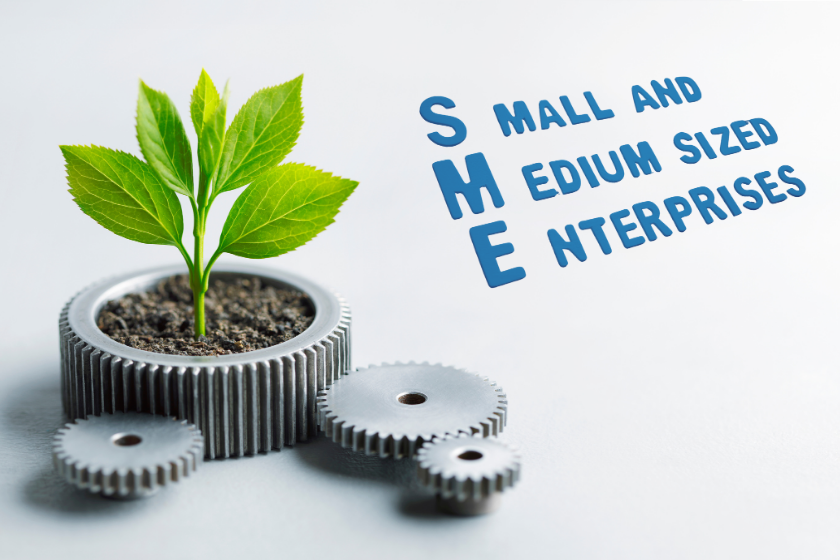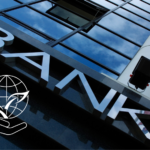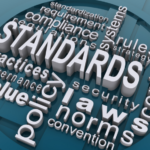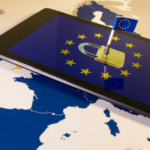The European Commission has taken a bold and necessary step by adopting the new EU SME sustainability standard, part of the European Sustainability Reporting Standards (ESRS). For me, having worked with companies across sectors and continents on ESG integration for over two decades, this is more than a regulatory update. It’s a strategic inflection point that can reshape how smaller firms approach sustainability.
Why This Standard Matters
Historically, sustainability reporting frameworks like the Global Reporting Initiative (GRI) or the Corporate Sustainability Reporting Directive (CSRD) have targeted larger, listed entities. With the CSRD coming into force in January 2024, around 50,000 large companies in the EU are now required to disclose ESG data.
But SMEs—despite representing 99% of EU businesses and employing around 100 million people —were largely left behind.
That’s now changing.
The newly adopted voluntary and simplified standard for SMEs, part of the ESRS, aims to make ESG reporting proportional, practical, and decision-useful for smaller businesses—while maintaining credibility.
The SME ESG Challenge: Real-World Barriers
From my advisory work with companies worldwide, I see SMEs repeatedly face three common ESG challenges:
- Complexity: Existing frameworks like GRI or SASB are often too technical for lean teams.
- Cost: Hiring ESG consultants or in-house sustainability officers isn’t feasible for many.
- Supply Chain Pressure: Large corporations request ESG disclosures, but SMEs lack systems to deliver.
A 2023 KPMG survey found that 68% of SMEs across the EU felt “moderate to high stress” about ESG expectations from supply chain partners.
The simplified ESRS helps reduce that burden while still aligning SMEs with industry-standard expectations.
Leveling the Playing Field with the EU SME Sustainability Standard
This framework gives SMEs a voice in the sustainability conversation and a seat at the table in green procurement and responsible supply chains. It allows them to:
- Respond to ESG questionnaires from buyers with standardized data
- Demonstrate risk management and resilience to investors
- Position themselves competitively for EU Green Deal funding and grants
According to EFRAG (European Financial Reporting Advisory Group), “SMEs need scalable and cost-effective tools to disclose sustainability information in a way that adds value and doesn’t hinder growth.”
Strategic Implications for Larger Corporations
For larger firms under CSRD obligations, the availability of structured ESG data from SME suppliers improves:
- Scope 3 emissions reporting
- Social impact assessments
- Biodiversity disclosures
This standard therefore aligns entire value chains toward a more transparent and resilient economy.
ESG as Strategy, Not Just Compliance
Too often, SME leadership sees ESG as an administrative burden. But in reality, it’s a strategic lever for:
- Operational efficiency
- Access to sustainable finance
- Employer branding and talent retention
- Risk management during supply chain disruptions
McKinsey (2022) reports that companies with mature ESG practices see up to 10% lower cost of capital, even among smaller firms.
The message is clear: ESG is not only about compliance, it’s about competitive advantage. SMEs that adopt structured ESG practices will attract investors, secure long-term contracts, and improve overall resilience.
Global Ripple Effects of the EU SME Sustainability Standard
Just as the GDPR became a global benchmark for data privacy, the EU’s SME sustainability standard is poised to set an international precedent.
Non-EU SMEs that operate within European supply chains will increasingly be expected to align with these guidelines. ESG rating agencies and responsible investors are already embedding these frameworks into their models.
The OECD has praised the EU’s proportional SME framework as “a pragmatic model for scalable sustainability reporting globally.”
This means that early adoption is not just about compliance within the EU—it’s about positioning for global market competitiveness.
From Capacity Building to Competitive Edge
Despite the promise of the new standard, many SMEs still lack the internal ESG knowledge to make use of even simplified reporting frameworks.
Without the right training and tools, disclosure risks being treated as a box-ticking exercise rather than a strategic advantage.
That’s why capacity building—through partnerships, industry associations, or independent certification programs—will be essential to help SMEs translate ESG requirements into value creation.
Practical Tool: The 3-Step SME ESG Checklist
To move from compliance to strategy, SMEs can start small with these three steps:
- Map Your Material Issues
- Identify which ESG factors matter most for your sector (e.g., energy, labor practices, waste).
- Use the simplified ESRS as a baseline.
- Leverage Digital Tools
- Adopt ESG reporting software or simple data tracking systems.
- Align early with buyer and investor requests for data.
- Build Capacity Gradually
- Train one or two team members in ESG basics.
- Engage in industry workshops or free EU guidance resources.
- Treat ESG as part of strategy—not just reporting.
This approach ensures that SMEs are not overwhelmed but instead gain early wins that build momentum.
Final Thoughts
The EU SME sustainability standard is not just a reporting guideline—it’s a strategic enabler.
By combining proportional ESG disclosures with the right training, partnerships, and digital tools, SMEs can unlock:
- Investor trust
- Resilience against climate and social risk
- Eligibility for green capital and procurement
- A future-ready reputation in global markets
My advice: Start small, but start now. Early movers won’t just meet requirements—they will gain a competitive edge in Europe’s evolving sustainability landscape.









